One of the great truisms of nutrition is that you are what you eat. Everything you eat ultimately becomes part of you or passes though you and affects your body at a cellular level. If you eat good, healthy food then that is what you will be – healthy. If however, you eat nothing but fatty, sugary junk – your health will inevitably suffer.
There is another nutritional truism but this one tends to be less well-known – you should eat for what you are about to do and what you have done. This is especially true for exercisers. What you eat in the hours leading up to and immediately after your workout can have a profound effect on your performance and your recovery from exercise so it really pays to pay attention to what you eat at these times. Follow these simple guidelines to eating for pre and post-exercise.
Two hours before exercise
This meal is vital for ensuring you have plenty of energy for your workout. Although some people can train without having eaten much beforehand, and may even have to if they work out early in the morning, it is not really ideal if performance is to be maximized. This meal should consist of a low glycemic/slow releasing carbohydrate such as brown rice plus lean protein and some healthy fats. This provides a slow and steady release of nutrients but should ensure that complete gastric emptying has occurred by the time you start your workout. Experiment with the exact timing of this meal and move it forward or back according to your ability to digest food.
15 to 30 minutes before exercise
If you were unable to eat a proper pre-training meal two hours before exercise or have a very grueling workout planned, you can top up your energy levels by eating/drinking a fast acting/high glycemic snack or drink just before starting your workout. This is a good strategy for early morning exercisers. A ripe banana or sports drink are ideally suited for this window of opportunity. Fluids may be best if you are running or swimming but food is probably okay if you are pumping iron or riding a bike.
During exercise
If you are trying to burn fat, your workout is less than 60 minutes in duration or is very low intensity, you probably only need water while you workout. Anything else is simply excess calories you just don’t need. If, however, you are going to be training long and hard, an isotonic sports drink may be useful as it will ensure your energy levels remain stable and prevent any kind of an energy crash. On very long workouts, you may actually need to take some food onboard to keep you going. Dried fruit, banana, energy bars and even jelly sandwiches are all good choices for very long endurance workouts. Remember though, only very long or very hard workouts warrant ingesting calories – for the vast majority of exercisers, water is all you need.
Immediately after exercise
On completion of your workout, your muscles are like wrung-out sponges and are desperate to be re-nourished. Insulin sensitivity is at its highest and most if not all food consumed at this time will be shunted directly into your muscles and liver to replace what you have used during your workout. Fast acting carbs and protein consumed immediately after exercise will help ensure your muscles get exactly what they need to kick start the recovery process and ensure you are good to go and fully refueled when you next head out for a workout. Although real food is a viable option, one of the most efficient ways to get your calories in at this time is in the form of sports drinks or homemade smoothies. Shoot for a 2:1 ratio of carbohydrate to protein and try to consume it either during or immediately after your cool-down.
Two hours after exercise
The mechanisms responsible for shunting nutrients into your cells to facilitate post-exercise recovery are active for a couple of hours after your workout has finished. That means that your first proper post-exercise meal should be the biggest meal of your day. Your body will make use of most of the nutritional content of this meal to repair and recover from the preceding workout. That doesn’t mean chowing down on a burger and fries though. Remembering the first “law” of nutrition – you are what you eat – you should make this, and every other meal you eat, as healthy as possible. Plenty of fresh vegetables, lean protein and healthy fats plus some unrefined complex carbohydrates such as sweet potatoes, wholemeal pasta or brown rice is the order of the day.
While it’s hard to put a percentage to how important nutrition is compared to training, it’s enough to say that what you eat can have a huge impact on how you perform and the results you’ll experience from your workouts. Pay attention to what you eat and when and you’ll get the best results possible from your training. Ignore nutrition and you might just end up wasting a whole lot of your valuable time and effort.

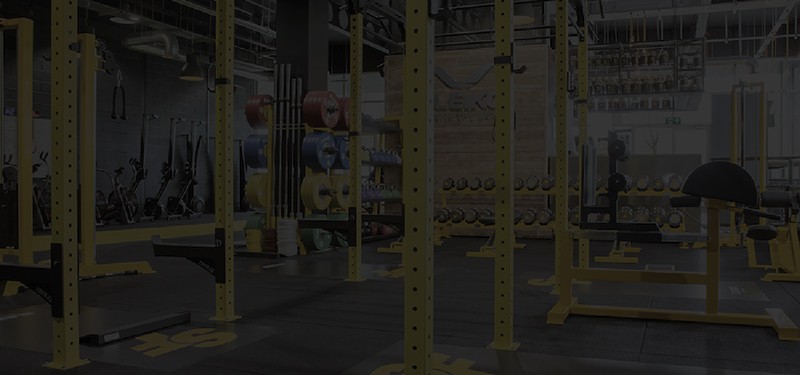
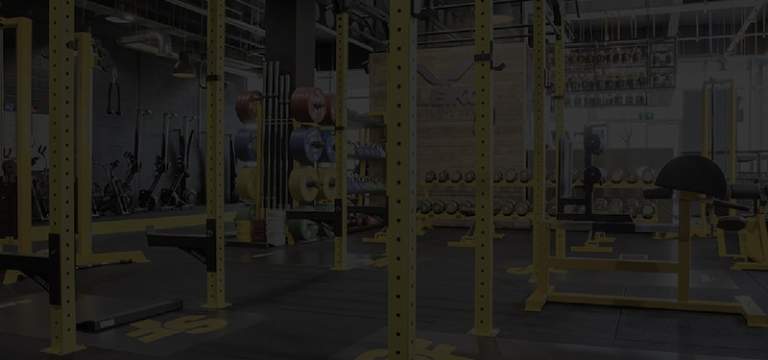
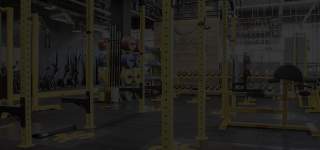
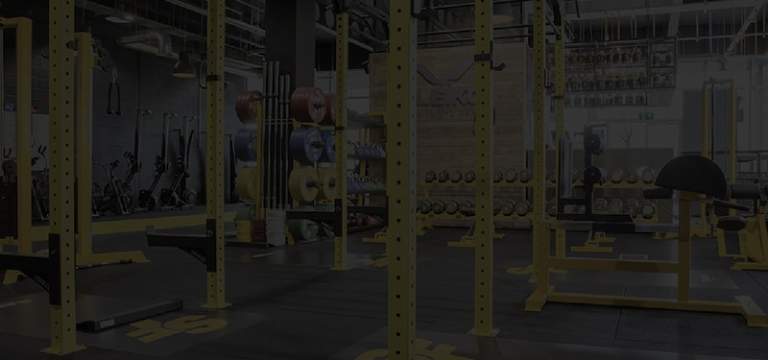
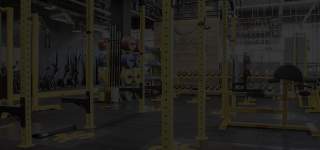
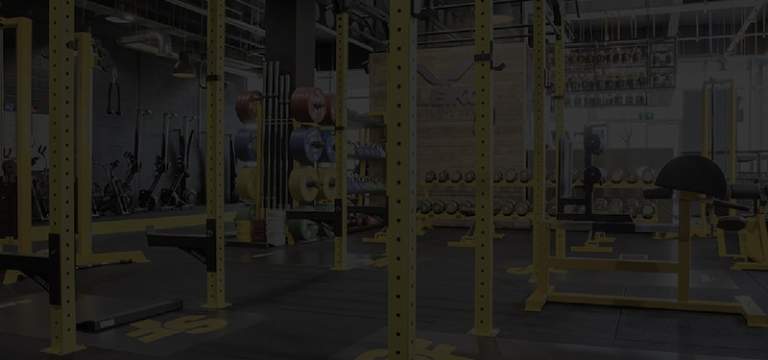
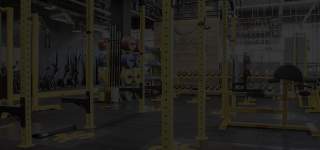
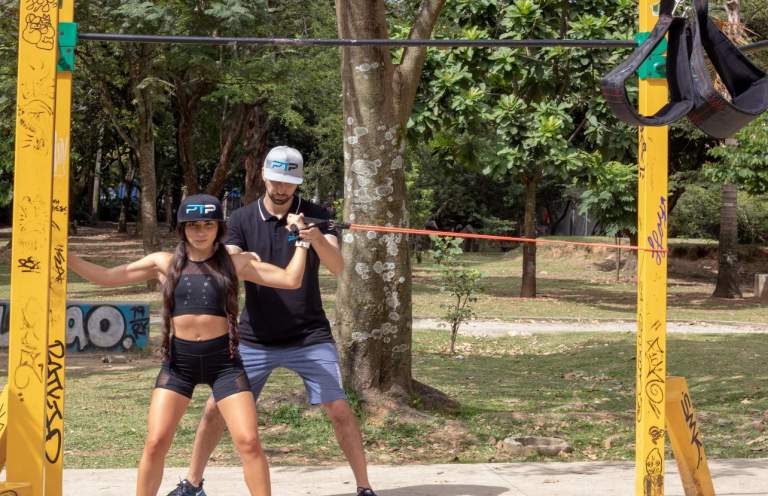
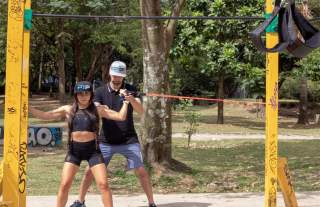
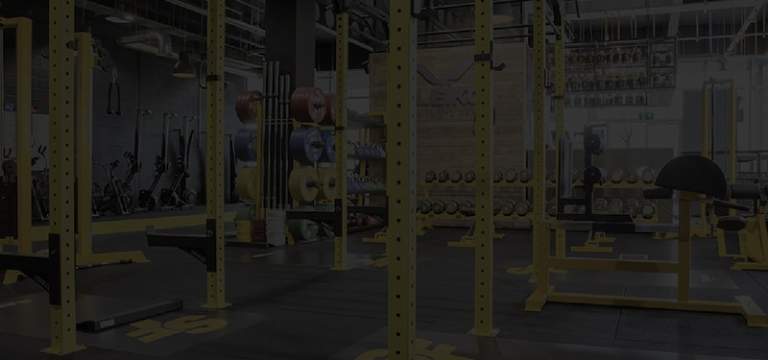
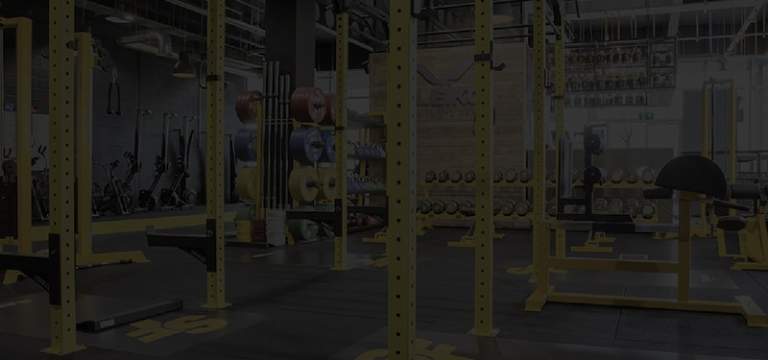
1 Comment
Comments are closed.